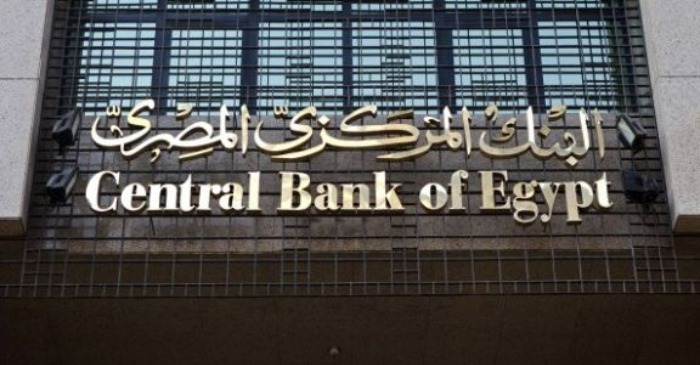In a statement released on Thursday morning, the CBE attributed its decision action to elevated global and domestic prices that are expected to keep headline inflation above the MPC’s preannounced target of seven percent (±2 percent) on average in through the fourth quarter of 2022.
The decision aims to uphold the CBE’s mandate of ensuring price stability in the local market over the medium term, the statement noted.
It also aims to anchor inflation projections and also to contain demand side pressures and higher broad money growth as well as the second round effects of supply shocks.
The CBE also announced in the statement that it will begin a process of phasing out letters of credit (LCs) for import finance by December 2022.
“The global economy faced multiple shocks and challenges, the likes of which have not been seen in years. Recently, global markets have been subject to the COVID19 pandemic that put the world on lockdown, followed by the Russian-Ukraine conflict, which had dire economic ramifications. Consequently, Egypt weathered large capital outflows and rising commodity prices”, the CBE said.
To face multiple economic challenges, the government has intensified a reform agenda to secure macroeconomic stability and achieve strong, sustainable and inclusive growth.
To this end, the CBE employed a durably flexible exchange rate regime, leaving the forces of supply and demand to determine the value of the EGP against other foreign currencies.
Thursday's decision prioritises price stability and building up adequate and sustainable levels of foreign exchange reserves, according to the CBE.
“This will serve as a catalyst for the rejuvenation of economic activity in the medium term. Additionally, the CBE will work towards building the foundation for a derivatives market to further deepen the foreign exchange market and enhance its liquidity,” the CBE explained.
The CBE pointed out that the MPC will continue to announce inflation targets along the predetermined disinflation path that began in 2017, which was on track until the recent global shocks.
It stressed that achieving low and stable inflation over the medium term supports real incomes and sustains the achieved competitive gains of the Egyptian economy.
The central bank added that it will continue to closely monitor all economic developments and will not hesitate to act in order to ensure price stability.
Including today's hike, the CBE has raised the key interest rates by an unprecedented total of five percent since the onset of the Russian-Ukrainian conflict in February.
During the three-day Economic Conference, which concluded on Tuesday, the CBE’s acting governor Hassan Abdallah said that the bank’s priority amid the ongoing phase is to curb the inflation rates and keep prices stable in the local market.
Egypt is currently in final discussions with the International Monetary Fund (IMF) for a new loan deal under a fresh economic reform programme that is expected to be finalised before end of 2022.
The MPC’s remaining two meetings in 2022 are scheduled on 3 November and 22 December.
Following the decision, the Egyptian pound slumped its lowest level against the US dollar since the implementation of the economic reform programme in November 2016, with the exchange rate surpassing EGP 20 to the dollar.
Meanwhile, the National bank of Egypt (NBE) issued new three-year-maturity saving certificates with an annual yield of 17.25 percent.
Banque Misr also has raised the annual yield of the three-year saving certificates to 17.25 percent
Egypt’s annual headline inflation rose to 15.3 percent in September, up from eight percent in September 2021, the highest level seen since recording 15.7 percent in November 2018.
On Wednesday, the government raised the minimum wage for public employees from EGP 2,700 to EGP 3,000 to meet cost of living increases.
The government also froze household electricity prices through June 2023.






















































